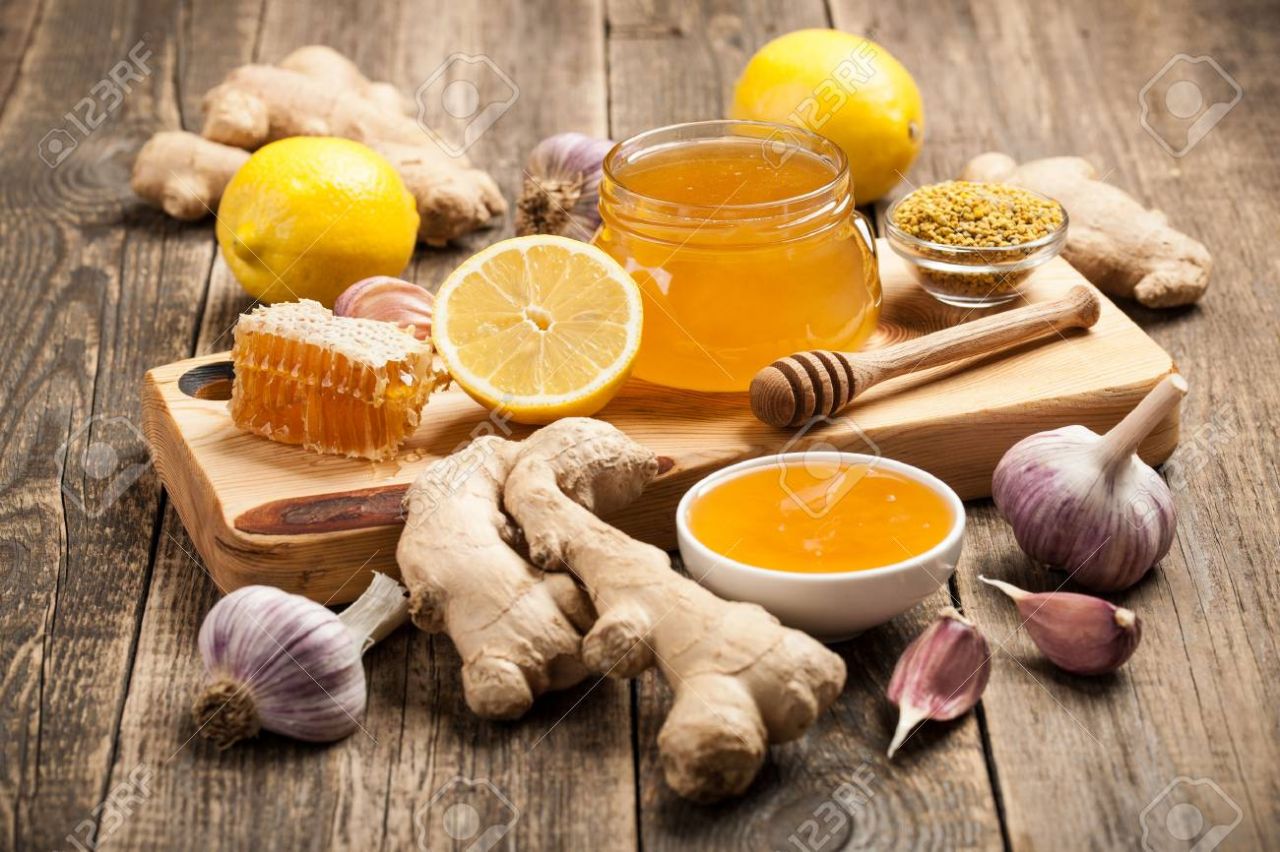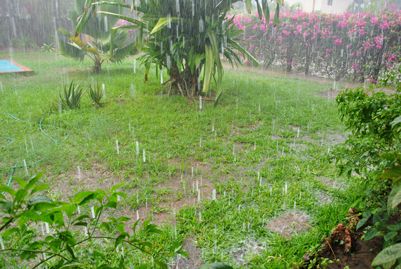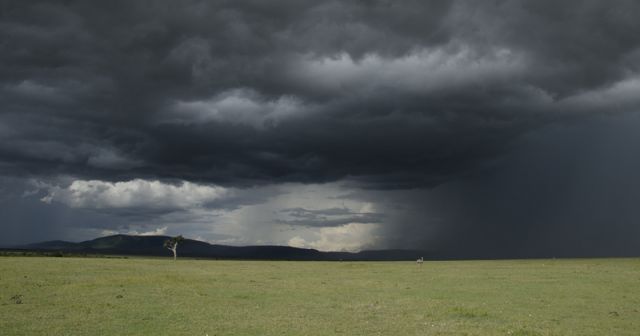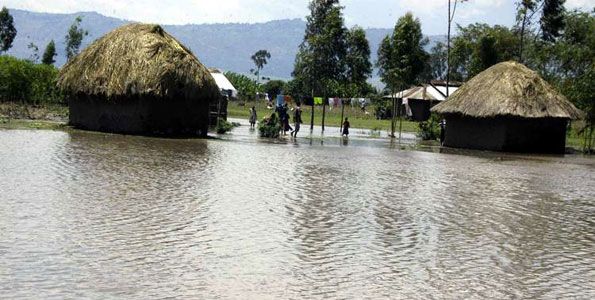
15-05-2022 by Leni Frau

During the rainy season in Kenya, certain habits are lacking for those who live all year round or most of it, especially on the coast.
First and foremost, physical activity, be it bathing and swimming in the sea or walking on the beach, even classic jogging in nature or cycling.
A body that doesn't sweat and doesn't expel toxins is also certainly an extra healthy factor that is missing when the sun hides and the temperature drops.
Not to mention that, for those who carry out tourism-related activities, the calories spent when the work is most intense must also be burnt in other ways.
Here, then, are twenty practical rules for coping with the monsoon in Kenya, i.e. the period from May to June (even up to 15 July).
1. Think about a low-sodium diet to combat hypertension and water retention, counting on the fact that you sweat less.
2. Increase your intake of fruit rich in vitamin C and B12 and antioxidants: papaya, apples, mangoes and pomegranates above all other fruits.
3. Prefer dry foods such as chickpeas and other legumes, rather than those rich in water (rice is also better limited, as is watermelon).
4. Include barley, whole wheat and oats in the diet.
5. Dairy products and fresh cheeses are also good, whole milk less so. No aged cheeses.
6. Among vegetables, bitter and aromatic ones are definitely better. On the Kenyan coast there is a leafy vegetable called Mchunga, this is its season!
7. Tomatoes and sauce should also be avoided, if you are used to eating pasta, garlic, oil and chilli are better.
8. Reduce your meat intake significantly.
9. Don't rule out astringent foods altogether, use lemon in your water from time to time.
10. Drink lukewarm herbal teas: the best rainy season brew is one made with ginger, cinnamon, black pepper and cardamom.
11. Reduce your caffeine intake.
12. Avoid vegetables such as potatoes, cauliflower, okra (mabenda) and peas.
13. Among green leafy vegetables, limit spinach.
14. Vegetables such as carrots, courgettes and leeks can be steamed.
15. Avoid fruit salads.
16. Drink lots of water, even lukewarm water with honey and ginger.
17. Avoid ice cream.
18. Say goodbye to fruit juices, especially tamarind.
19. Avoid raw vegetable salads.
20. Prepare home-made vegetable soups.

Cardamom is a spice known since the days of the Greeks and Romans, who used it to produce perfumes, and is ...
METEO
by redazione

In Malindi and the Kenyan coast the rains are expected as a godsend. The drought has done extreme damage to the land and to the farms.
They are already dead cattle and many plants were reduced to dead branches.
In...
EVENTS
by redazione

The low tourist season and the first rains certainly don't stop the monthly market of Malindi at the...

The 2021 rainy season in Kenya will be an atypical one, at least according to forecasts by local meteorologists. The...
PLACES
by redazione

After a good season, The Kola Beach Resort Mambrui decided to keep open his restaurant "Gold 55" and its famous swimming pool with sea view in front of the golden beach, also coinciding with the months of low season.
Every...
ECONOMICS
by redazione

Poverty in Kenya has reached historic levels in its drama this year, with 35% of citizens falling outside the...
METEO
by redazione

Global climate change in Kenya seems to have brought about an "exchange" of roles between the season of...
WEATHER
by Freddie del Curatolo

According to the most reliable "bernacas" of the coast, the fishermen of Lamu, the big rains will arrive just after...
EVENTS
by redazione

Malindi never closes and knows how to party, albeit in a more elegant and less chaotic...
ROADS
by redazione

They called it the 'Lake of Timboni', paraphrasing the legendary one in Tiberias, where...